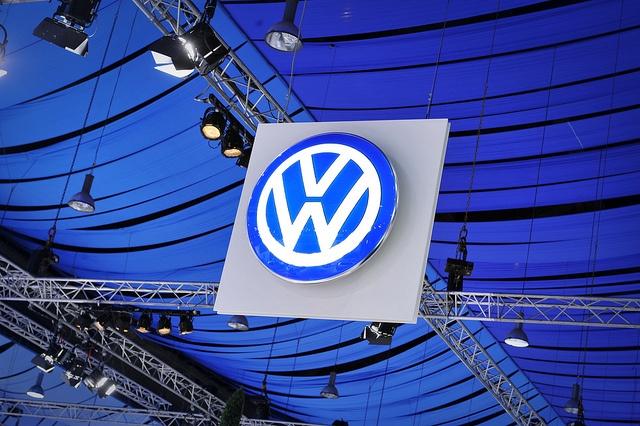
Some days, things just don't go the way you hoped. Such was the case for Volkswagen AG's board this week, which turned up at the company's annual shareholders' meeting hoping to be forgiven for its ongoing emissions fiasco.
It was an awfully high hope. Earlier this month, VW's supervisory and management boards recommended that shareholders ratify the actions of the board for the previous year, a step that is tantamount to giving a vote of confidence to the board for its actions during 2015. The recommendation hinged on the fact that German authorities failed to find legal fault with any of the board members concerning the ongoing scandal.
But last Monday that understanding changed. German prosecutors now say there is adequate evidence to investigate at least two executives for market manipulation. Under German law, the board must advise shareholders of potential loss at the time of discovery. Instead, say prosecutors, there may be sufficient evidence to suggest that VW's former CEO Martin Winterkorn and the company's current boss, Herbert Diess, could have warned stockholders much earlier than September 2015, when the news of the emissions scandal was released. This week, the regulatory agency BaFin said the investigation has widened to include the entire VW AG board.
The news of the investigations arrived the day before the shareholders' meeting, in which Diess and others attempted appease stockholders' concerns.
“We sincerely regret that the diesel issue is casting a shadow on this great company,” stated Chairman Hans Dieter Potsch, VW's former financial officer. Some shareholders blame Potsch for the crisis and although they called for a vote on his resignation, the motion failed to pass.
The apologies appeared to do little to appease minority shareholders, who vented their anger at the situation, calling it a "shambles." However, without the ratification of the company's three largest shareholders -- the Porsche Automobil Holding company (which owns 52.2 percent), the state of Qatar (17 percent) and Lower Saxony (20 percent) -- votes to remove or replace board members are not likely to pass. According to German publication Deutsche Welle (DW), an upset such as a board replacement would likely work against the efforts of VW's majority stockholders, who are believed to be working quietly to guide VW out of troubled waters.
But shareholder loss of faith is still making waves. A number of investors have called for an independent investigation into the scandal, something that VW's structure and policies don't allow. According to Hans-Christoph Hirt, who works with the London-based investment firm Hermes EOS, that probably won't stop investors from probing for more answers.
"As soon as the shareholders have agreed, we can go to the court and begin the special inquiry that way," Hirt told the German publication Frankfurter Allgemeine Sonntagszeitung. Hirt told the newspaper that shareholders have lost faith in VW's ability manage an investigation that offers "independent and relevant knowledge." He has also called for the entire board of directors to resign.
Still, it's unclear whether one more independent investigation will yield what shareholders -- and VW -- need most: a reinstatement of its prowess as a state-of-the-art carmaker. That won't come from buybacks or shareholder restitution, but from foresight and initiative in crafting what the global car industry needs next. And such insight, unfortunately, appears to be relegated to back-seat priorities for now.
Jan Lee is a former news editor and award-winning editorial writer whose non-fiction and fiction have been published in the U.S., Canada, Mexico, the U.K. and Australia. Her articles and posts can be found on TriplePundit, JustMeans, and her blog, The Multicultural Jew, as well as other publications. She currently splits her residence between the city of Vancouver, British Columbia and the rural farmlands of Idaho.














